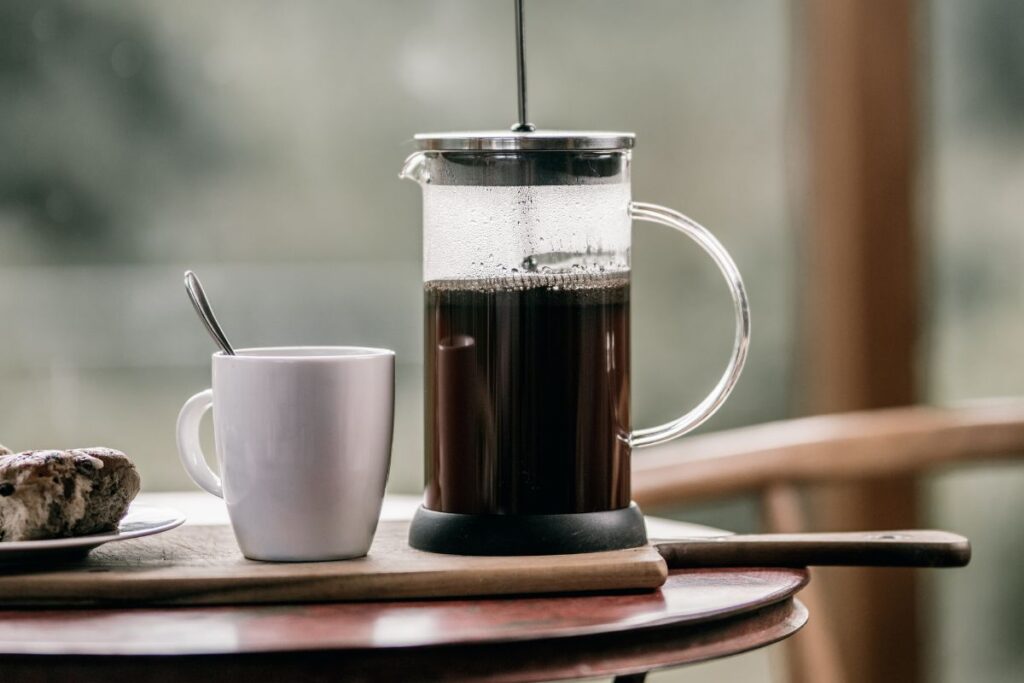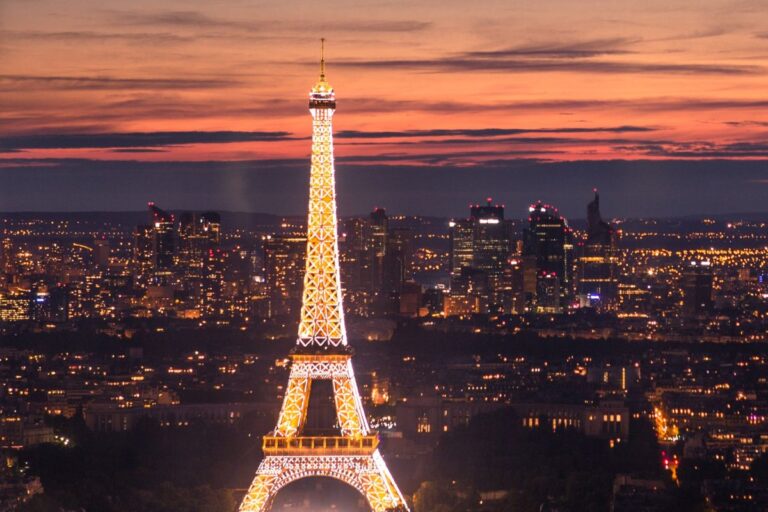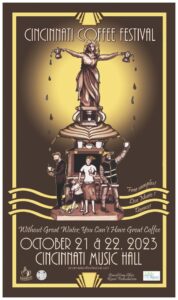When most people hear “French roast coffee”, all that comes to mind is just a darker roast coffee.
Others think it’s coffee produced or roasted in France.
But, really, what is French roast coffee?
Here’s all you need to know about this coffee, the pros and cons.
By Lilian.
Affiliate disclosure
This page may contain affiliate links – we may earn a small commission when you make a purchase through these links. This is at no extra cost to you.
French Roast Coffee Meaning
Basically, “French roast” refers to the color of the coffee beans after roasting – the darkest on the dark roast spectrum.
So, French roast coffee is the darkest roast you’ll ever find.
It’s one that’s more like dark chocolate.
This type of coffee has an intense and smoky-sweet flavor with a thin body and mouthfeel.
For me, there’s no denying.
The flavor is more like burnt charcoal.
Now, you’re probably wondering, why “French” and not any other name? Read on!
Why the Name “French”?
It all started in the 19th century.
Most European coffee drinkers loved their coffee dark.
Italians had their espresso which was a little lighter than French roast. Austrians had a Viennese roast, also lighter than the Italian espresso.
France’s roast was the darkest of them all.
That’s how the darkest roast came to be termed “French roast”.
Pros and Cons of French Roast Coffee
Pros of French Roast Coffee
It has Numerous Health Benefits
Like many other dark roasts, French roast coffee has many health benefits.
An article posted on WebMD, the leading American publisher of human health, identifies them as:
- Better brain health
- Improved liver health
- Reduced risk of cancer – for instance, colorectal cancer.
- Reduced risk of Alzheimer’s and Parkinson disease.
It is Less Acidic
Compared to light roast coffees, French roast coffees are less acidic.
Apparently, during the roasting process, the beans produce a chemical called NMP, which scientists claim inhibits the production of acids in the stomach.
So, because of the NMP, French roasts are gentler on the stomach!

Cons of French Roast Coffee
The Beans Go Stale Faster
Like many other dark roasts, they go stale quicker than light and medium roast beans.
This is mainly because of the oxidation process. The high temperatures during roasting are also responsible for this. They burn up the oils close to the surface of the beans.
What can you do about this?
My friend prefers to buy just enough French roast coffee beans to last a few days.
You can also store your coffee in an airtight container and store it in a cool, dark place.
They’ll be fresh longer!
French Roasting Destroys the Bean Flavor
Unlike light roasts which preserve the bright, acidic flavors, French roasts come with a roasty flavor.
So, if you’re like me – I love to feel the bean’s natural flavor – French roast is not for you!
French Roasts Exploit Farmers
For me, this is the reason I avoid French roasts, at all costs!
Because they destroy the bean’s natural flavor, it’s possible to have very low quality coffee beans being sold at ridiculously low prices!
The average coffee lover may not be able to detect the difference.
The result?
The farmers selling high quality beans have to adjust their prices, sometimes with no profit, just to keep up.
Is this really fair?
Now, how does French roast coffee compare to medium roasts?
French Roast vs Medium Roasts
The difference between French roasts and medium roasts are mostly felt in the flavors, taste, acidity and roasting times.
French roast coffees have a stronger, more intense flavor than medium roasts.
The reason is that French roasts are prepared under extremely high roasting temperatures.
In terms of roasting times, dark roasts are roasted for longer periods of time than medium roasts.
What’s more, French roast coffees tend to be a little bitter than medium roasts.
Let me tell you more about French roasts and caffeine.
French Roast Coffee Caffeine Levels?
Some people argue that darker roasts have higher caffeine while others think that the high temperatures dark roasts are subjected to actually burn off the caffeine.
Which is which?
Well, research studies published in PubMed Central – the NIH database – prove that there’s no difference in caffeine levels of French roasts and other roasts.
Needless to say, Lisa Wartenberg, a registered dietician, confirms that the amount of caffeine in a type of coffee depends on the bean variety and the brewing process.
Now that we’re sure it’s not about the caffeine, why is there word that dark roast coffee is not good?
The Main Reason Why Dark Roast Coffee Can be Considered Bad
Coffee, in any of its forms, has its own pros and cons.
But for dark roasts, a study published in the Journal of Medicinal Food suggests that dark roast coffees have less good-for-you chemicals than light roasts.
Photos by liudanao1991 and Taryn Elliott





